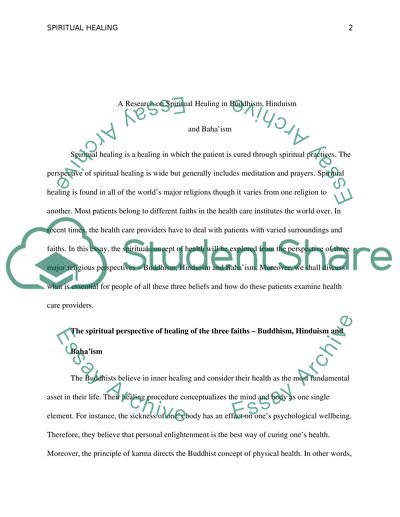Cite this document
(“Faith Diversity. Spiritual Healing Assignment Example | Topics and Well Written Essays - 1250 words”, n.d.)
Faith Diversity. Spiritual Healing Assignment Example | Topics and Well Written Essays - 1250 words. Retrieved from https://studentshare.org/nursing/1454892-faith-diversity
Faith Diversity. Spiritual Healing Assignment Example | Topics and Well Written Essays - 1250 words. Retrieved from https://studentshare.org/nursing/1454892-faith-diversity
(Faith Diversity. Spiritual Healing Assignment Example | Topics and Well Written Essays - 1250 Words)
Faith Diversity. Spiritual Healing Assignment Example | Topics and Well Written Essays - 1250 Words. https://studentshare.org/nursing/1454892-faith-diversity.
Faith Diversity. Spiritual Healing Assignment Example | Topics and Well Written Essays - 1250 Words. https://studentshare.org/nursing/1454892-faith-diversity.
“Faith Diversity. Spiritual Healing Assignment Example | Topics and Well Written Essays - 1250 Words”, n.d. https://studentshare.org/nursing/1454892-faith-diversity.


